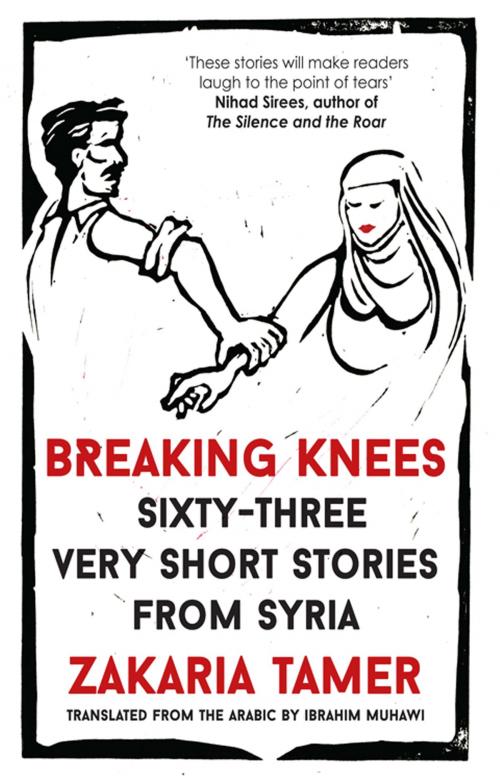| Author: | Zakaria Tamer | ISBN: | 9781902932460 |
| Publisher: | Garnet Publishing (UK) Ltd | Publication: | February 8, 2016 |
| Imprint: | Periscope | Language: | English |
| Author: | Zakaria Tamer |
| ISBN: | 9781902932460 |
| Publisher: | Garnet Publishing (UK) Ltd |
| Publication: | February 8, 2016 |
| Imprint: | Periscope |
| Language: | English |
Wry, satirical and bawdy, Tamer’s stories are always informed by his dark view of humanity and of Syrian society in particular. Through these glimpses of corrupt, fearful lives under a violent dictatorship, it is possible to discern echoes of the storm that has brought Syria to near-disintegration. Tamer’s stories explore taboos and power relations, bringing together religion, politics and sexuality (often all at once) and implying that these forms of oppression are connected. An assault is deflected when the victim responds enthusiastically; a woman is spared stoning because the streets have no cobbles, and her neighbours cannot afford any; A comatose man awakens after years to find the regime unchanged, and tries to escape back into the coma; a newborn baby curses the hospital staff that delivers him, and when his mother tries to quiet him, retorts: ‘You’re talking like our leaders!’; a man is warned by two apples not to eat them, and anxiously questions them about their political connections. Unsentimental and brilliantly compressed, these sixty-three stories are the work of a virtuoso, and translator Ibrahim Muhawi has found exactly the right deadpan style with which to express them.
Wry, satirical and bawdy, Tamer’s stories are always informed by his dark view of humanity and of Syrian society in particular. Through these glimpses of corrupt, fearful lives under a violent dictatorship, it is possible to discern echoes of the storm that has brought Syria to near-disintegration. Tamer’s stories explore taboos and power relations, bringing together religion, politics and sexuality (often all at once) and implying that these forms of oppression are connected. An assault is deflected when the victim responds enthusiastically; a woman is spared stoning because the streets have no cobbles, and her neighbours cannot afford any; A comatose man awakens after years to find the regime unchanged, and tries to escape back into the coma; a newborn baby curses the hospital staff that delivers him, and when his mother tries to quiet him, retorts: ‘You’re talking like our leaders!’; a man is warned by two apples not to eat them, and anxiously questions them about their political connections. Unsentimental and brilliantly compressed, these sixty-three stories are the work of a virtuoso, and translator Ibrahim Muhawi has found exactly the right deadpan style with which to express them.















